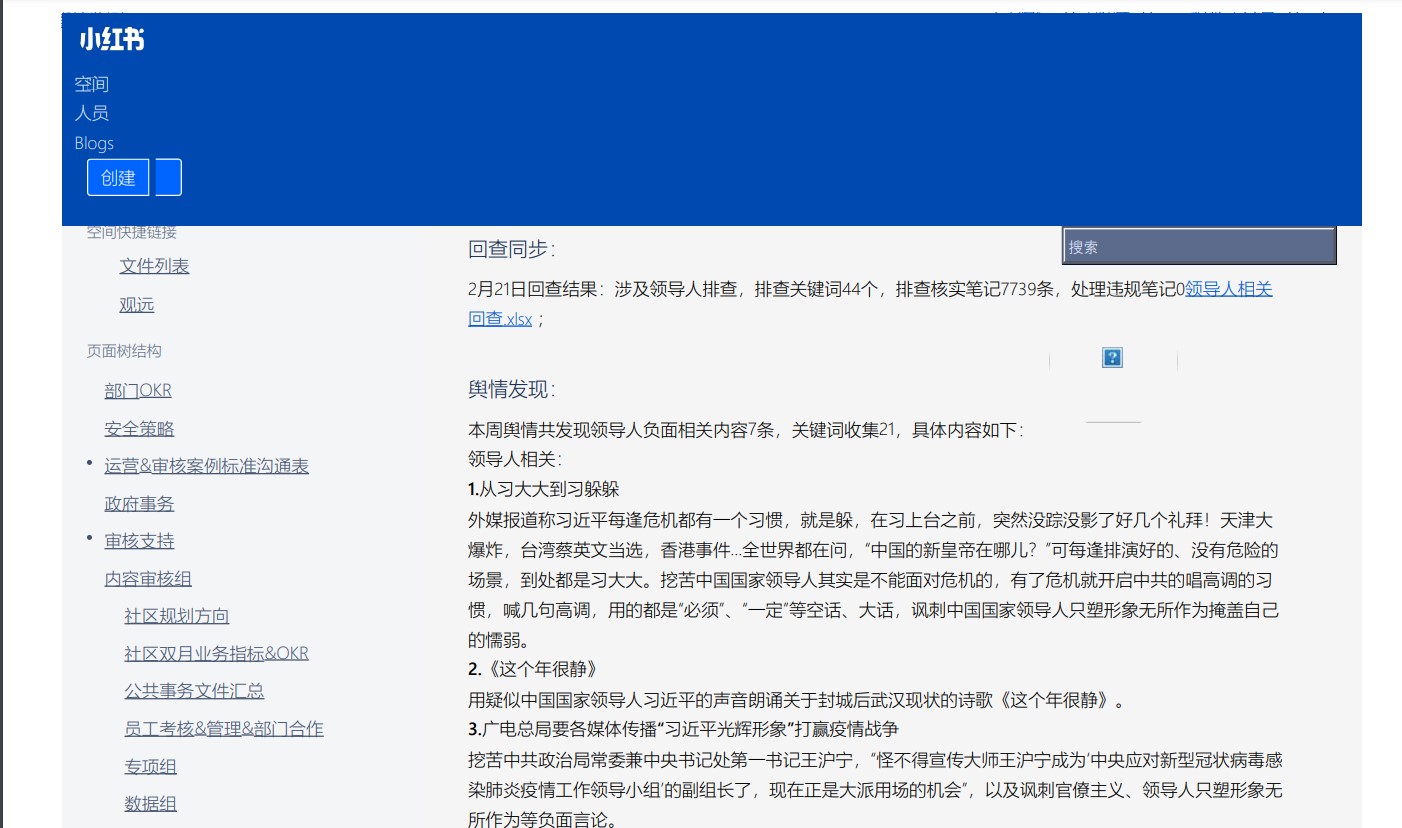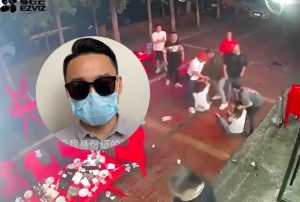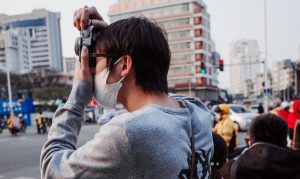The Chinese government’s censorship machine to silence dissidents includes persecution of not only those who post negative news or criticism of the government, but also those who use pseudonyms to refer to President Xi Jinping on social media.
An internal document obtained by the US-based China Digital Times website, “CoronaXi”, “Adolf Xitler” and “Mr. shithole.” Even the leader’s comparison with the friendly Winnie the Pooh could not escape the blacklist.
The 143-page archive combines more than two months of analysis from posts on Xiaohongshu, a Chinese social network similar to Instagram.
Pandemic reinforced censorship in China
Accessed by China Digital Times, the document was prepared for internal use by Xiaohongshu content moderators. According to the newspaper, the platform has more than 200 million monthly active users.
Moderators search the social network, analyzing and ranking posts, images and videos according to their potential for sentiment towards the Chinese government. The material is used as a basis for acts of censorship.
The analysis of the leaked report was carried out between February 21 and May 6, 2020, the first months of the covid-19 pandemic that brought China to the agenda worldwide.
In the more than two months analyzed, Xiaohongshu’s censorship bureau uncovered a total of 271 public issues related to Xi Jinping and added 564 sensitive words to the blacklist.
Some refer to the criticized aspects of life in China and the leader’s long stay in power, such as the “bureaucracy”.Lifetime Leader” or “Emperor Xi”
Among the nicknames that bothered Jinping “China’s Deadly King”, “Big Brother Xi”, “Playboy”, “Beastly President”, “Winnie the Pooh” and “Voice of the Pooh”.
Comparisons with cartoon character cIt started when Xi visited the US in 2013.
An image of him and then-President Barack Obama walking together has drawn comparisons to Winnie – a burly Xi – walking with Tigger, a skinny Obama.

A few years later the game lost its fun for the leader of China.
According to the website KnowYourMeme, in 2017, a Chinese Twitter user posted several screenshots from Chinese social media stating that memes comparing Xi Jinping to Winnie the Pooh were removed from the internet in the country.
Several Western media outlets picked up the story, reporting that mentions of Winnie the Pooh on the Chinese social network Weibo were censored.
And a collection of Winnie the Pooh animated GIFs and any association with the meme had been removed from the WeChat platform, presumably to prevent new creations.
He even went to Disney. In 2018, an adaptation of the Winnie the Pooh franchise was banned in China.
Also Read | Arrest of journalist covering gender crimes shows progress in persecution in China
Moderators are trying to prevent the spread of information that disturbs the Xi Jinping regime on the network by following the news, as well as following the critical or joking content published by users.
According to the China Digital Times, Xiaohongshu’s censorship bureau has covered 10 potentially harmful news stories, including “social events that may cause political and social unrest and endanger national security” and “China’s concerns about Communist Party members and China”. described the genre “public event”. Government agencies.”
“Public opinion falls into two categories: censorship orders issued by the government, and ‘internal public’, which is Xiaohongshu’s active self-censorship,” the newspaper says.
More than two weeks of “public records” were tracked in May 2020, the report said. Moderators flagged which news could attract more attention and drive user engagement on the platform.
They then manually highlighted the keywords so that the algorithm could detect relevant topics more effectively in the future.
During this analyzed period, an average of 30 “potentially dangerous events” were reported per day, and direct instructions were received from social network administrators on what precautions to take.

One example relates to reports of a Chinese teacher harassing more than 20 male students in ten years.
Among the guidelines, moderators were asked to “take care of the spread of the concept of homosexuality” and to avoid being associated with other “incidents of sexual assault against minors”.
“I’ve never heard of such a thing while working on Weibo in 2011. We just took an order and deleted it. [conteúdos solicitados]”Instead of making predictions based on sensitive issues,” former content moderator Eric Liu said in an interview with US website Vice this week.
Liu now works as an analyst for the China Digital Times. “An additional step outside of the normal censorship process. [do governo chinês]”, added.
The full list (in Chinese) is available here. connection.
Also Read | Boyfriend says Australian journalist arrested in China was fed raw rice and missed consular visits
China uses its citizens to attack journalists
Chinese is a notorious media censor in the country. The government controls almost all content published in any media.
Finally Global Press Freedom Index published by Reporters Without Borders (RSF)The country was ranked 175th in a rating of 180 countries.
The increase in censorship in the country was already linked to the onset of the coronavirus pandemic in another recent US report. Committee to Protect Journalists (CPJ).
As the agency reported in June, as China became more sensitive to its image abroad amid accusations of mishandling Covid-19, journalists from abroad and even Chinese origin began to come under coordinated online attacks.
Also Read | How China Is Using Its Citizens To Attack Foreign Journalists At Home And Chinese Journalists Abroad.
As part of this new tactic, state-owned broadcasters and popular citizens on the social network Weibo are posting the names and photos of foreign journalists who “promote and attack China”, describing their reporting as “biased” or “dishonest” and threatening them.
Attacks don’t just happen on Chinese networks.
An analysis by researchers Danielle Cave and Albert Zhang of the Australian Strategic Policy Institute (ASPI) claims that a campaign of attacks on female journalists working in Western outlets was carried out through a network of Twitter accounts linked to the Chinese state called “Spamouflage”. .
The attacks were acknowledged by Twitter, which said it suspended more than 400 accounts for policy violations. The Chinese government denied any involvement in the accounts.
read it too
source: Noticias
[author_name]


